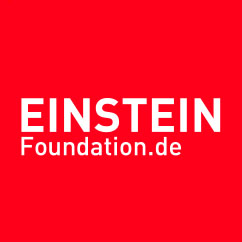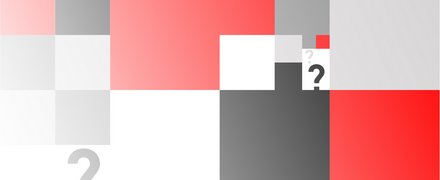When our organs age or wear out, their renewal usually depends on a few stem cells in the tissue, because the vast majority of differentiated cells have lost their ability to divide and generate new cells. A German-French team led by Einstein BIH Visiting Fellow Michael Sieweke from the Max Delbrück Center for Molecular Medicine (MDC) in Berlin and the Centre d’Immunologie de Marseille-Luminy (CIML) in Marseille has now discovered how macrophages, a type of specialized immune cell, can nevertheless divide and self-renew almost indefinitely. As the researchers show in the journal Science, the macrophages achieve this by activating a gene network similar to one found in embryonic stem cells. In the future the findings could provide new directions in regenerative medicine and therapies.
“We asked ourselves how is this possible?”
In the new study, Sieweke’s research team from the MDC in Berlin and the CIML in France have now been able to show that this also works with various…



